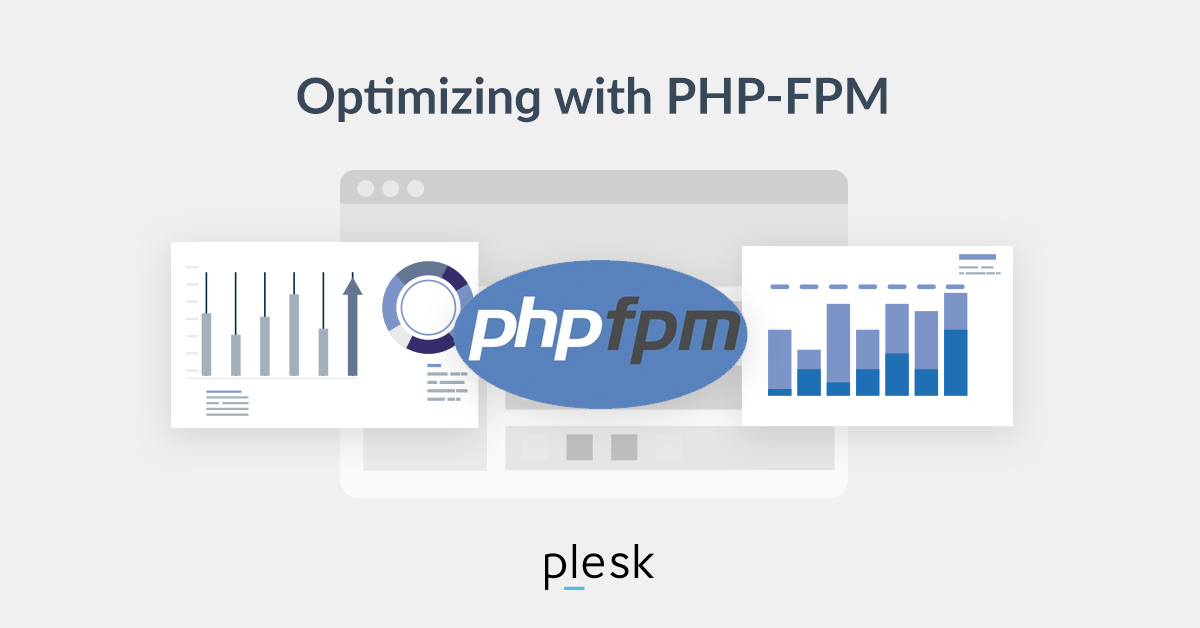This approach significantly improves the ability to handle high traffic loads while minimizing resource consumption.
With PHP-FPM, web servers can efficiently handle multiple concurrent PHP requests and ensure optimal performance.
What is PHP-FPM?

At its core, PHP-FPM is a process manager specifically designed for PHP.
It handles PHP requests by utilizing separate processes, allowing for better control and optimization.
This approach offers several benefits.
Firstly, it allows web servers to handle high traffic loads more effectively.
This improves the overall performance and responsiveness of the server.
Furthermore, PHP-FPM dynamically adjusts the number of worker processes based on the incoming traffic and server load.
It can automatically scale up or down the number of processes to meet the demand.
Another advantage of PHP-FPM is the ability to prioritize and manage processes.
It allows administrators to define rules and configurations for how PHP requests are handled.
In summary, PHP-FPM is a powerful process manager that significantly improves the performance and scalability of PHP-based applications.
In the next section, we will delve deeper into how PHP-FPM works and explore its key features.
How does PHP-FPM work?
PHP-FPM operates as a standalone process manager that works in conjunction with web servers like Nginx or Apache.
It provides a FastCGI interface through which PHP requests can be processed efficiently.
It can detect and handle various scenarios, such as process timeouts, crashes, and resource limitations.
By doing so, PHP-FPM ensures the stability and reliability of PHP processing on the server.
With its intelligent process management capabilities, PHP-FPM enhances the overall performance of PHP applications.
It optimizes resource usage, improves response times, and enables efficient handling of high traffic loads.
In the next section, we will highlight the differences betweenPHP-FPM and traditional CGI/FastCGI methods.
In this article, we have explored what PHP-FPM is and how it works.
We also discussed the benefits of PHP-FPM over traditional CGI and FastCGI methods.
Additionally, we covered the installation process of PHP-FPM and provided guidelines for configuring and managing it effectively.
In conclusion, PHP-FPM is a valuable tool for optimizing the execution of PHP files on web servers.